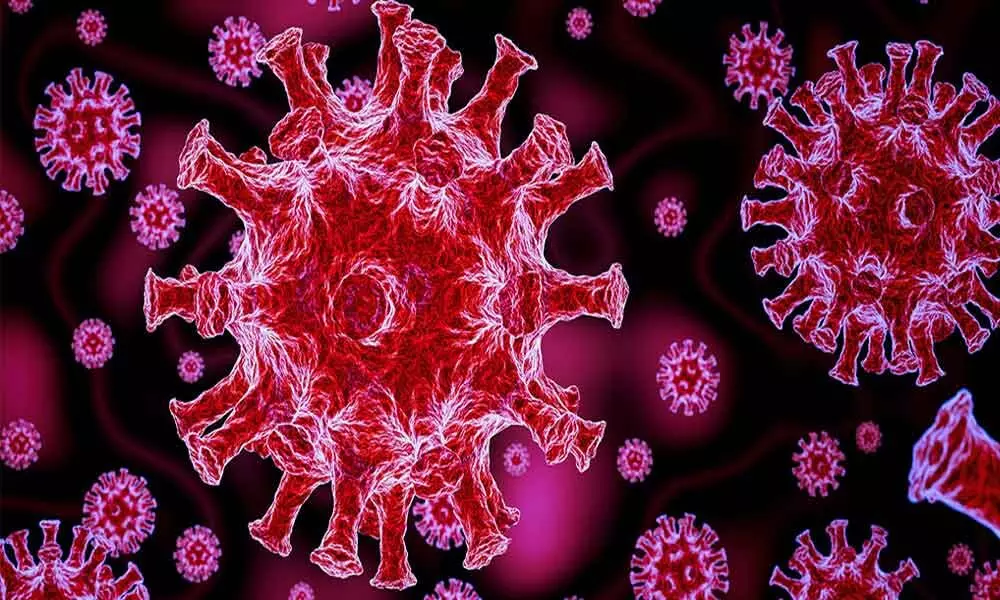Mental confusion can be early symptom of Coronavirus: Study

Coronavirus
New research adds to the growing body of evidence that delirium, a state of acute mental confusion, accompanied by a fever could be an early symptom of Covid-19.
London: New research adds to the growing body of evidence that delirium, a state of acute mental confusion, accompanied by a fever could be an early symptom of Covid-19.
Delirium is an abrupt change in the brain that causes mental confusion and emotional disruption. It makes it difficult to think, remember, sleep, pay attention, and more.
The study, published in the Journal of Clinical Immunology and Immunotherapy, highlights the fact that, together with the loss of the senses of taste and smell and headaches that occur in the days prior to the manifestation of coughing and breathing difficulties, some patients also develop delirium.
"As such, the manifestation of this state of confusion, when accompanied by high fever, should be considered an early marker of the disease, particularly in the case of elderly patients," said study researcher Javier Correa from Universitat Oberta de Catalunya (UOC) in Spain.
"We need to be on the alert, particularly in an epidemiological situation like this, because an individual presenting certain signs of confusion may be an indication of infection," Correa added.
For the results, the research team reviewed the body of scientific work published on the effects of Covid-19 in relation to the central nervous system, i.e. the brain.
The review found that, although the first cases of pneumonia were reported in China focused on the damage it causes to the lungs and other organs, such as the kidneys and heart, there are growing indications that the coronavirus also affects the central nervous system and produces neurocognitive alterations, such as headaches and delirium, as well as psychotic episodes.
"The main hypotheses which explain how the coronavirus affects the brain point to three possible causes: hypoxia or neuronal oxygen deficiency, inflammation of brain tissue due to cytokine storm and the fact that the virus has the ability to cross the blood-brain barrier to directly invade the brain," commented Correa.
He stressed that any one of these three factors has the potential to result in delirium and explained that evidence of hypoxia-related brain damage.
It has been observed in autopsies carried out on patients who have died from the infection and that it has been possible to isolate the virus from the cerebral tissue.
According to the researchers, delirium, cognitive deficits and behavioural anomalies are most likely to be the result of systemic inflammation of the organ and a state of hypoxia,
"It also causes the neuronal tissue to become inflamed and cause damage in areas such as the hippocampus, which are associated with the cognitive dysfunctions and behavioural alterations presented by patients suffering delirium," the team explained.
Last month, another study, published in the journal Age and Ageing, revealed that delirium is a key symptom of Covid-19 in frail, older people.















